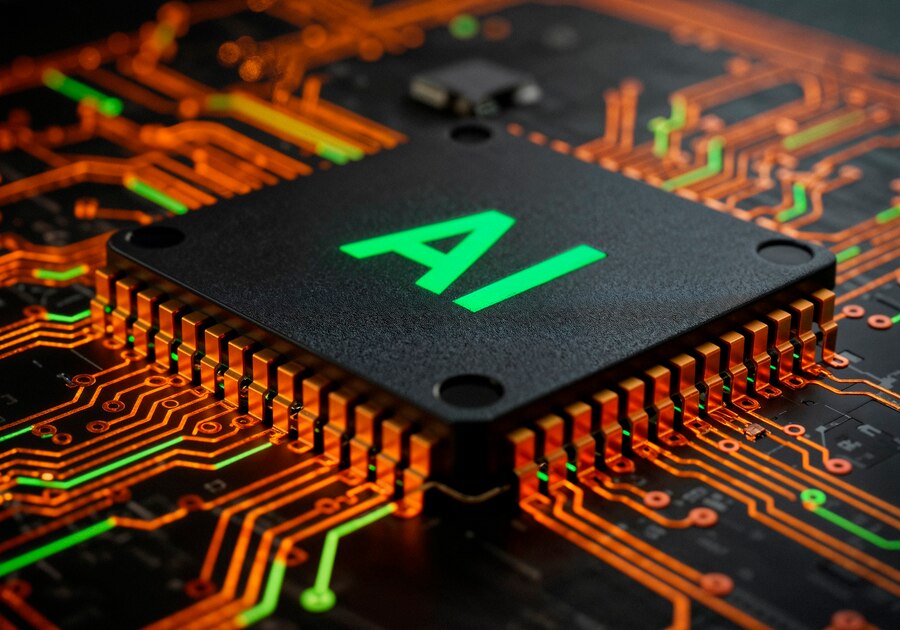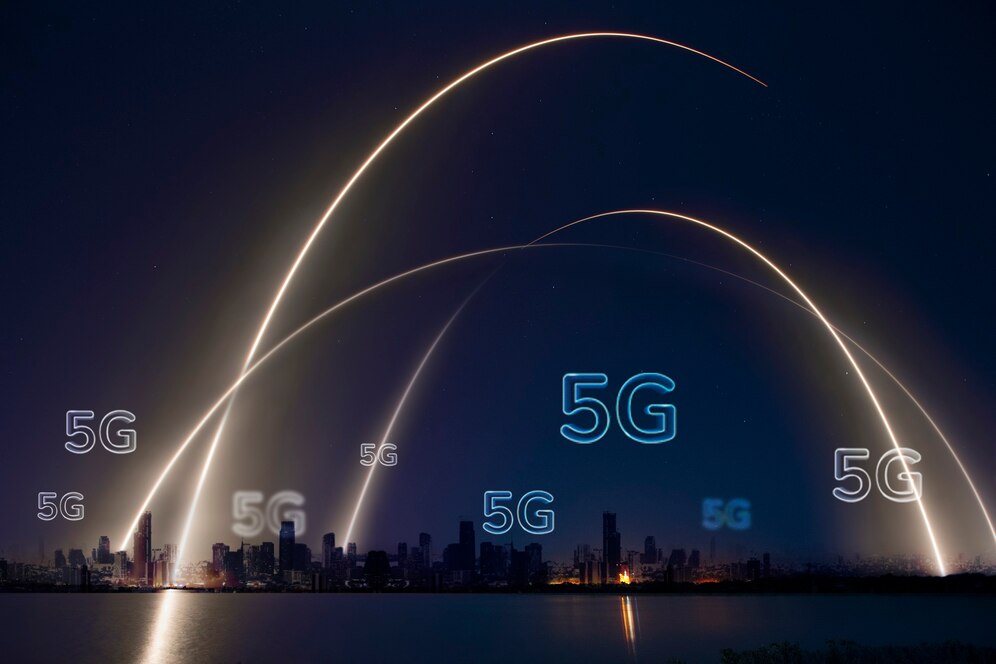Next-Gen AI Chipset Innovations 2025 Forecast are set to revolutionize the tech world, offering more powerful and efficient solutions than ever before. On Tech Flect, we delve into how these breakthroughs will define the future of AI computing and shape the next generation of smart devices.
The Next-Gen AI Chipset Innovations 2025 Forecast highlights cutting-edge advancements in semiconductor technology. These chipsets promise to enhance performance in AI applications, drive faster processing speeds, and improve energy efficiency, paving the way for smarter gadgets and applications.
Understanding Next-Gen AI Chipsets: What’s New in 2025?
Next-Gen AI Chipset Innovations 2025 Forecast suggest a leap in processing power, enabling more complex machine learning algorithms. These new chipsets will be capable of handling vast amounts of data faster and more efficiently than current models.
Key Players Driving the AI Chipset Revolution
Companies like NVIDIA, Intel, and AMD are investing heavily in AI chipset development. These tech giants are setting the stage for more powerful processors that cater to everything from autonomous vehicles to personalized healthcare solutions.
How AI Chipsets Will Enhance Machine Learning Models
Machine learning requires immense computational power, and the upcoming AI chipsets will provide just that. With more cores, better optimization, and reduced latency, machine learning applications will become faster, more accurate, and more accessible in everyday technology.
Impact on Consumer Devices: Faster, Smarter, and More Efficient
Next-Gen AI chipsets will have a significant impact on consumer electronics. Expect smartphones, smart home devices, and wearables to become more intuitive, as these chipsets drive advanced AI features like real-time translation and personalized recommendations.
The Environmental Benefits of AI Chipset Innovations
Energy efficiency will be a key feature of the new AI chipsets. As they reduce power consumption while maintaining high performance, these chips will play a crucial role in promoting sustainable tech solutions, helping to minimize the environmental impact of technology.
The Future of AI Chipsets Beyond 2025
Looking beyond 2025, AI chipset development will continue to push boundaries. Future chipsets will integrate more advanced AI capabilities, making them integral to emerging fields such as quantum computing, 6G connectivity, and advanced robotics.
FAQs
Q1.What is the Next-Gen AI Chipset Innovations 2025 Forecast?
A:This forecast outlines the advancements in AI chipsets expected to emerge by 2025, focusing on increased processing power, energy efficiency, and more applications in AI.
Q2.How will Next-Gen AI chipsets impact consumer tech?
A:They will make consumer devices smarter, faster, and more efficient, enabling new features like real-time translation and personalized services across smartphones and wearables.
Q3.What companies are leading AI chipset innovation?
A:Key players include NVIDIA, Intel, and AMD, who are developing advanced AI processors for a wide range of applications from machine learning to smart devices.
Q4.What role does energy efficiency play in AI chipset innovations?
A:New AI chipsets will be designed to reduce power consumption while increasing performance, making technology more sustainable and eco-friendly.
Q5.Will these chipsets impact AI in industries like healthcare?
A:Yes, AI chipsets will significantly enhance the capabilities of AI in healthcare, helping with tasks like personalized treatments, diagnostics, and real-time data analysis.
Conclusion:
Next-Gen AI Chipset Innovations 2025 Forecast are set to transform the tech landscape. These advancements will drive smarter devices, faster AI applications, and more efficient energy usage. As these chips become a backbone for emerging technologies, their influence will shape the digital future, making our world more connected and intelligent than ever.




